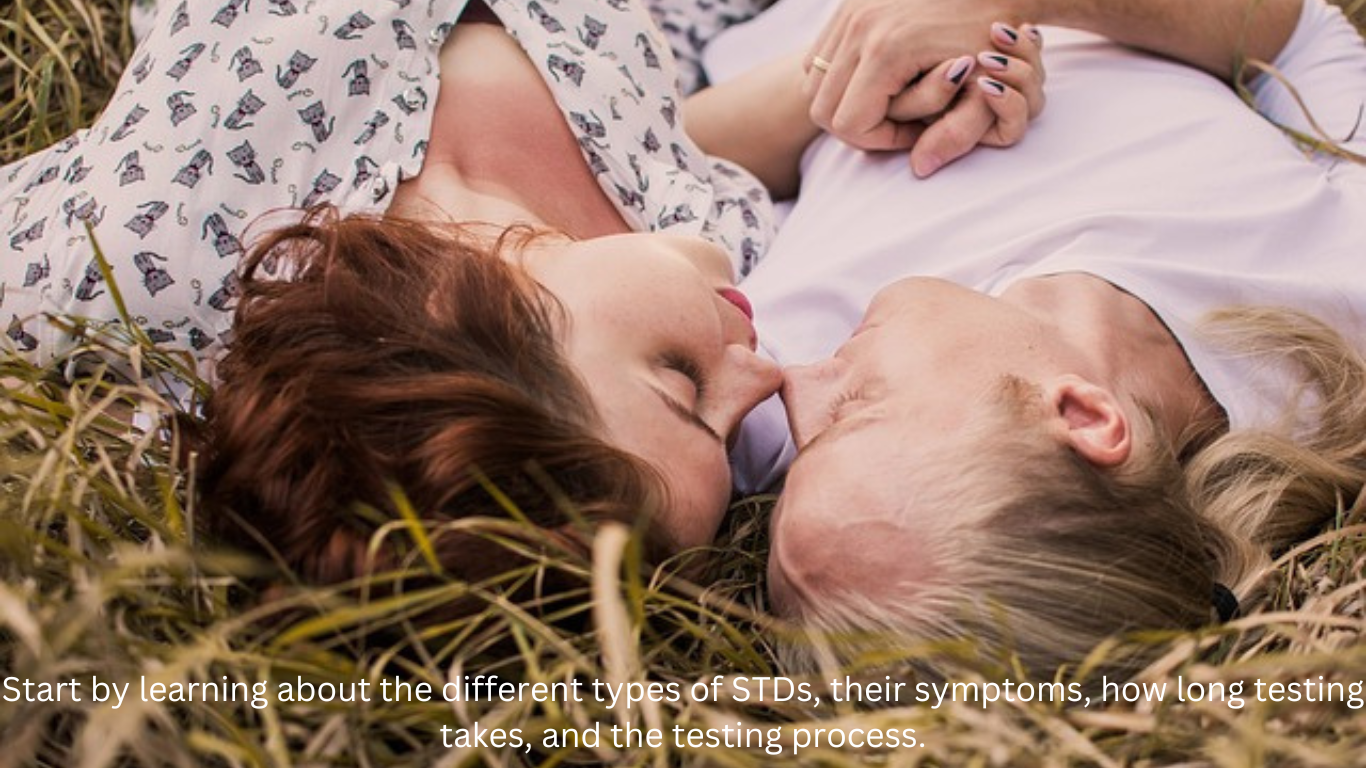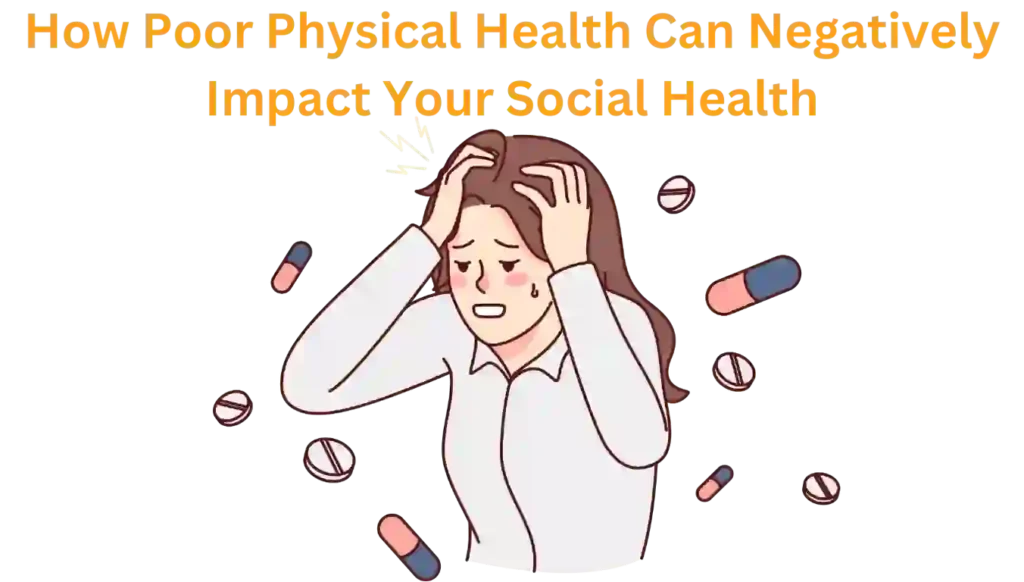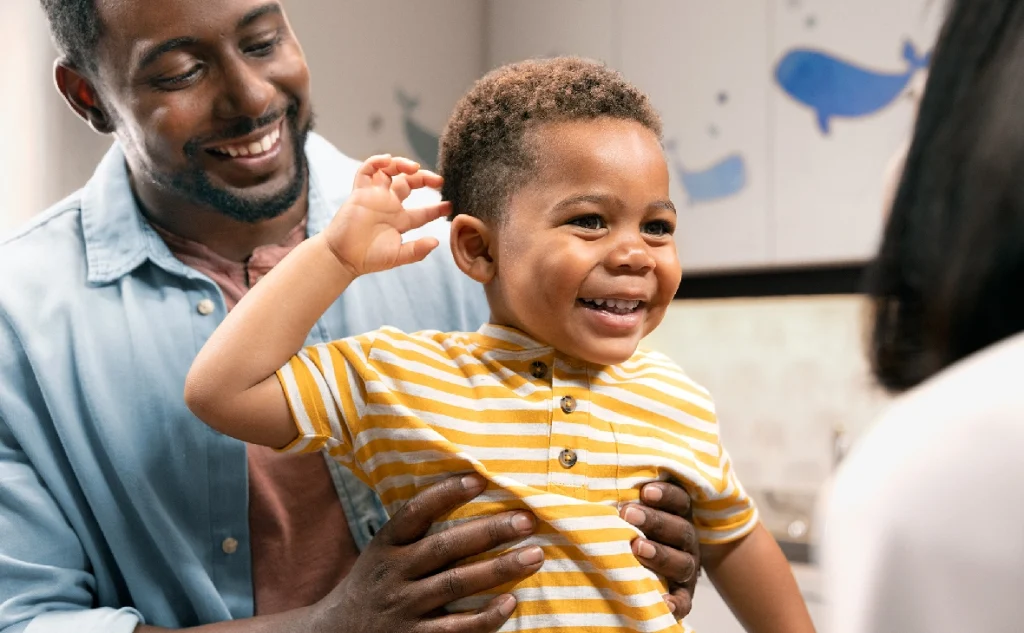Can you have an STD without having intercourse? Have a look! Sexually transmitted diseases (STDs) are usually linked to sexual intercourse, but that’s not the only way you can get them. I’ve looked into the different ways these infections can be caught without having traditional sex. Let me share what I’ve found about how STDs can be passed on without intercourse, bust some myths, and give some useful prevention tips.
Understanding STDs Beyond Intercourse
People often imagine sexual intercourse when they think of STDs, But these infections can spread in different ways too. It helps us protect ourselves and our beloved partner better.
Skin-to-Skin Contact
Sexually transmitted diseases (STDs) can spread through skin-to-skin interaction Conditions like human papillomavirus (HPV), genital herpes, & syphilis can be transmitted when your skin comes into contact with infected skin or mucous membranes. Kissing touching, or even just rubbing against an infected area may sometimes lead to transmission.
HPV and Genital Warts
HPV is super common and can cause warts. It spreads there’s direct contact with warts or infected skin. Even if you can’t see the warts, the virus can still be there & contagious. Just simple skin contact can be enough for the virus to spread around.
Herpes Simplex Virus (HSV)
Herpes spreads through skin contact too. HSV-1 usually causes oral herpes; HSV-2 usually causes genital herpes. But both types can infect either area. Kissing someone with oral herpes or any form of genital contact, even without penetration, can spread the virus.
Oral and Genital Secretions
Swapping bodily fluids is a big way STDs spread. Gonorrhea, chlamydia, & syphilis can be found in saliva, semen, vaginal fluids, and yes even in ejaculate. Doing things that involve these fluids, like oral sex, can lead to catching an infection.
Gonorrhea and Chlamydia
Gonorrhea chlamydia can infect the throat, urethra, rectum, and eyes. If infected fluids touch any of these areas, you could get infected. Engaging in oral sex with an infected partner might result in gonorrhea or chlamydia in the throat.
Syphilis Transmission
Syphilis is a tricky bacterial infection with several stages. It’s super contagious during its primary & secondary phases because it causes sores and rashes. Pretty sneaky! These sores might appear in the mouth, genital area, or anus making oral sex a potential risk for syphilis transmission.
Sharing Personal Items
Sharing personal items that have come into contact with infectious fluids or skin is another way STDs can spread though it’s less common.
Towels, Razors,& Clothing
If towels, razors,& clothes come into contact with infected areas they might carry infectious agents.If someone shares a towel used by someone with genital warts or herpes viruses could potentially spread although it’s rare but possible.
Sex Toys
Sharing sex toys that haven’t been properly cleaned between uses may also facilitate the spreading of STDs as they come into direct contact with an infected area then another person gets exposed. So cleaning toys properly & using condoms on them helps reduce risk significantly.
Preventative Measures
Knowing how STDs are transmitted helps prevent them. By taking certain precautions we lower the chances of getting/spreading infections significantly.
Communication& Testing
Talking openly about STDs& getting tested regularly is important. Regular tests catch infections early allowing timely treatment and reducing the chance of spreading it further. Having honest conversations about sexual history/infections helps in making informed decisions – though awkward they’re crucial for health. Regular screenings ensure catching asymptomatic infections too enabling early action and preventing their further spread!
Safe Sex Practices
Safe sex isn’t just using condoms during intercourse. Internal strategies matter:
Condom Use
Always wear condoms correctly during all types of sexual activities. They act as barriers preventing fluid exchanges thus lowering risks vastly. Dental dams also provide similar protection during oral sex!
Proper Cleaning& Avoiding Shared Items
Clean those toys thoroughly also use condoms on them! Avoid sharing items (like towels/razors/clothing) that may get contaminated. I once shared clean thoroughly before the next use!
Busting Myths
Hey there! Let’s clear up some common myths about sexually transmitted diseases (STDs). Knowing the facts helps you avoid unnecessary fears & make better choices. Sometimes, misunderstandings can lead to over-the-top worry or the wrong actions. So, let’s set things straight with a friendly chat.
Toilet Seats and Casual Contact
Can you get an STD from a toilet seat? First, let’s talk about a big myth: catching an STD from a toilet seat or just hugging someone. Surprise—you can’t! Most STDs need close, intimate contact to spread because they don’t live very long outside the human body. So, no need to freak out about using public restrooms or shaking hands. Relax (yes, relax), and focus on real ways to protect yourself.
Monogamous Relationships
Now, here’s another one: thinking that if you’re in a monogamous relationship, you’re totally safe from STDs. Monogamy does lower the risk but doesn’t make it vanish completely. Why? Because if neither of you has been tested or there’s something hidden (dormant strains, they call it), the risk still lingers. So, keep talking honestly about your sexual health with your partner. Trust me—regular testing and open chats are super important even in committed relationships.
The Importance of Regular Testing and Communication
No matter what kind of relationship you’re in, get tested regularly and talk openly about STDs. It doesn’t just keep everyone healthy; it builds trust and keeps things smooth between you both. Staying vigilant isn’t hard but really pays off in the long run—for both health & happiness.
That’s it! Just by adopting these simple habits—like being open about your health & getting tested—you can protect yourself & your loved ones. Let’s aim for a healthier future together!







